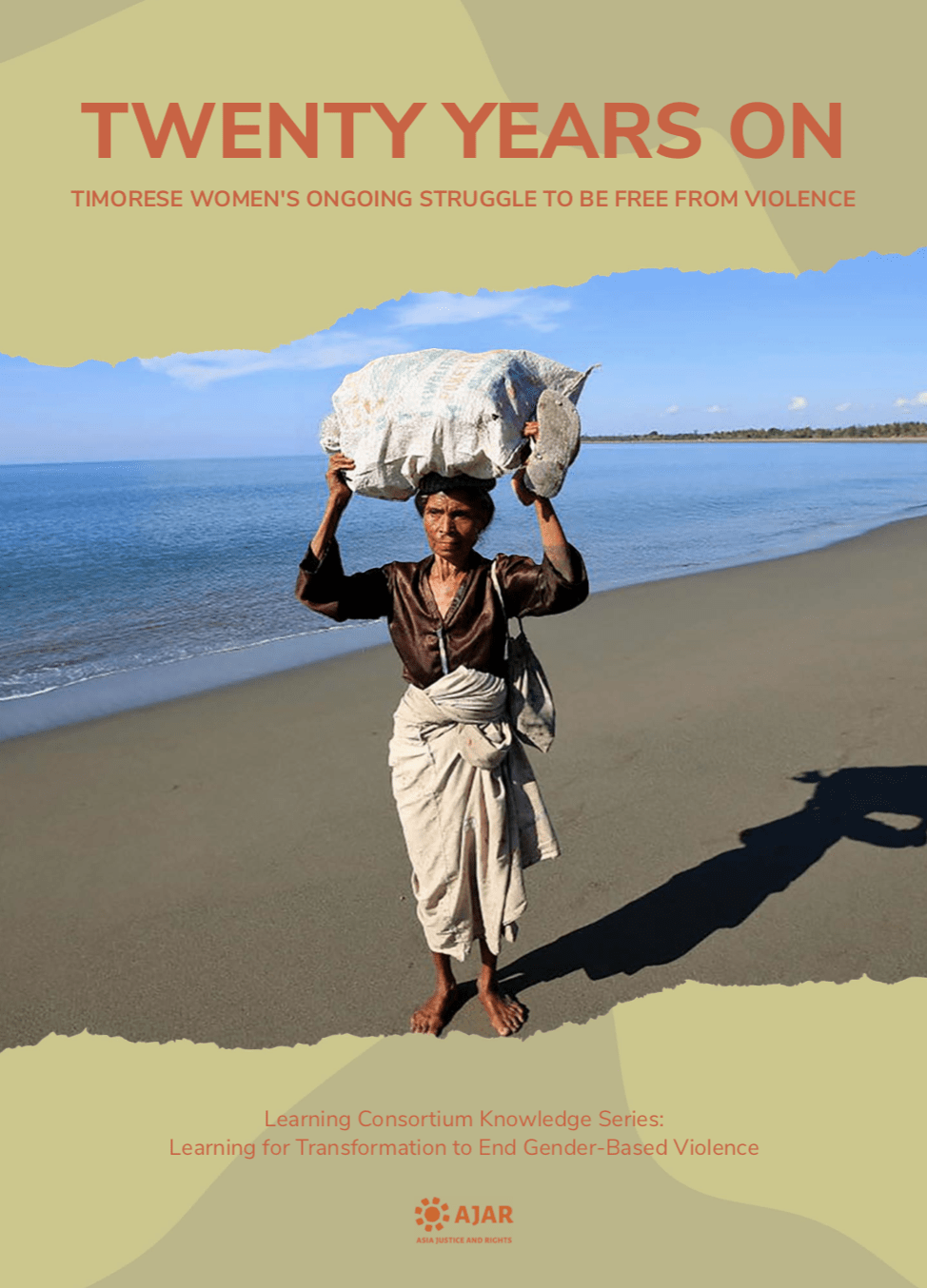20 years on from the Restoration of Independence and the promise of equality and freedom, women and girls in Timor-Leste are facing an epidemic of violence. While the levels of violence are among the highest in the world, this epidemic is largely silent and invisible.
Violence starts in the home, and most women live alongside the perpetrators. Traditional patriarchal norms, along with male-dominated customary practices, silence women and girls in sucos and aldeias, building a culture of stigma, that surrounds survivors who come forward for justice and help.
Despite two full cycles of the National Action Plan on Gender-Based Violence (NAP GBV), and a decade since the Penal Code criminalized domestic violence, and a specific Law on Domestic Violence (LADV), many suco leaders reflected on how violence continues to limit women’s and girls’ ability to “ukun an”, or achieve self-determination, in their own lives.
This report is intended as a practical tool for Timorese activists, advocates and organizations as well as local authorities and government officials and workers at all levels. It is based on participatory action research conducted by 23 NGOs in 21 sucos, across ten municipalities. It also builds on the work of important previous studies by government agencies and Timorese civil society, as well as academia and United Nations agencies.
See our accompaniment infographic, explaining 20 years’ worth of timeline on the movement to fight violence here.
